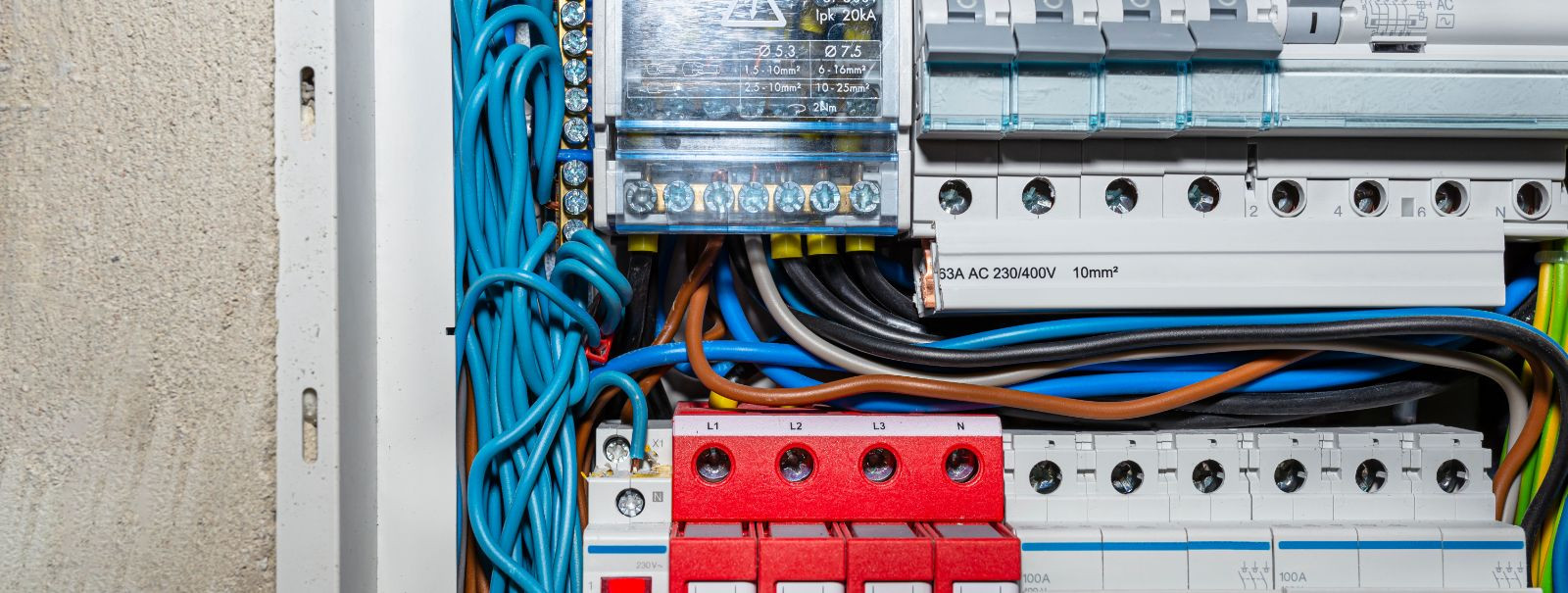The importance of electrical works supervision in modern construction
In the realm of modern construction, electrical works supervision plays a pivotal role in ensuring that projects are completed safely, efficiently, and to the highest standards. As construction projects become increasingly complex, the need for meticulous oversight of electrical installations has never been more critical. This article explores the multifaceted importance of electrical works supervision in contemporary construction practices.
The Role of Electrical Works Supervision in Construction
One of the primary responsibilities of electrical works supervision is to ensure that all electrical installations comply with stringent safety standards. Supervisors are tasked with overseeing the adherence to local and international electrical codes, which are designed to protect both the workforce and future occupants of the building. This involves regular inspections and audits to identify potential hazards and rectify them promptly.
Quality assurance is another critical aspect of electrical works supervision. Supervisors are responsible for verifying that all electrical components and systems meet the specified quality standards. This includes checking the installation of wiring, fixtures, and equipment to ensure they function correctly and efficiently. By maintaining high-quality standards, supervisors help prevent future malfunctions and reduce maintenance costs.
Effective coordination and communication are essential for the successful execution of any construction project. Electrical works supervisors act as a bridge between various stakeholders, including engineers, contractors, and clients. They ensure that all parties are aligned with the project goals and timelines, facilitating smooth progress and minimizing misunderstandings or conflicts.
The Impact of Electrical Works Supervision on Project Efficiency
Delays and cost overruns are common challenges in construction projects. Electrical works supervision helps mitigate these issues by ensuring that electrical installations are completed on schedule and within budget. Supervisors identify potential bottlenecks early and implement corrective measures to keep the project on track.
Supervisors play a crucial role in the planning and execution phases of a construction project. Their expertise in electrical systems allows them to provide valuable input during the design phase, ensuring that electrical plans are feasible and efficient. During execution, they oversee the implementation of these plans, making adjustments as necessary to accommodate any changes or unforeseen challenges.
Technological Advancements in Electrical Works Supervision
The advent of digital tools and software has revolutionized electrical works supervision. Supervisors now have access to advanced project management software that allows for real-time monitoring and reporting. These tools enhance accuracy and efficiency, enabling supervisors to make informed decisions quickly.
Smart technologies are increasingly being integrated into construction projects, and electrical works supervision is no exception. Supervisors are now leveraging IoT devices and smart sensors to monitor electrical systems remotely. This integration not only improves safety and efficiency but also provides valuable data for future projects.
Challenges in Electrical Works Supervision
As buildings become more sophisticated, the complexity of electrical systems increases. Supervisors must possess a deep understanding of these systems to manage them effectively. This requires continuous learning and adaptation to new technologies and methodologies.
The regulatory landscape for electrical installations is constantly evolving. Supervisors must stay abreast of these changes to ensure compliance. This involves regular training and updates to maintain their knowledge of the latest standards and practices.






Comments (0)